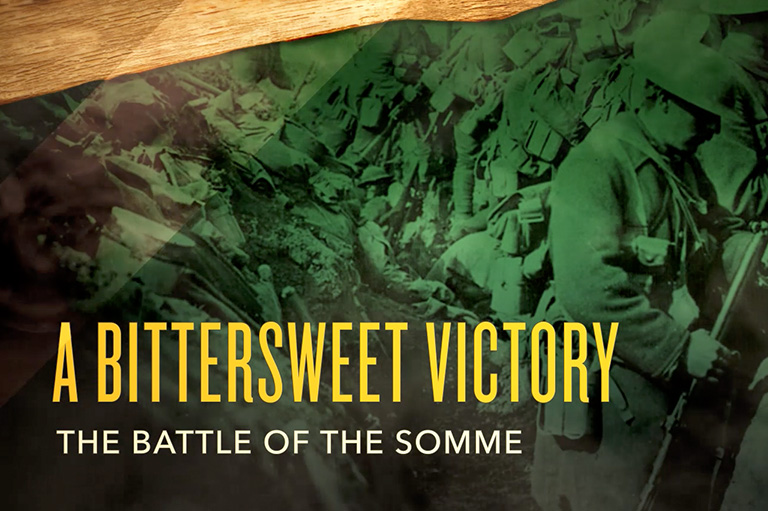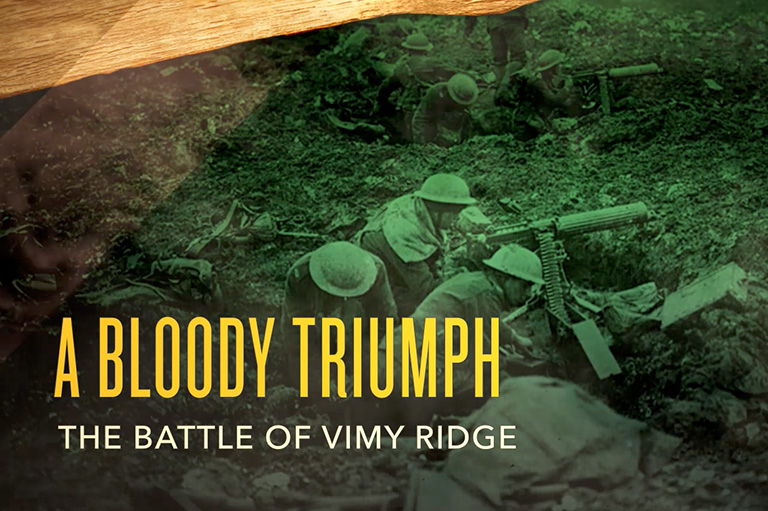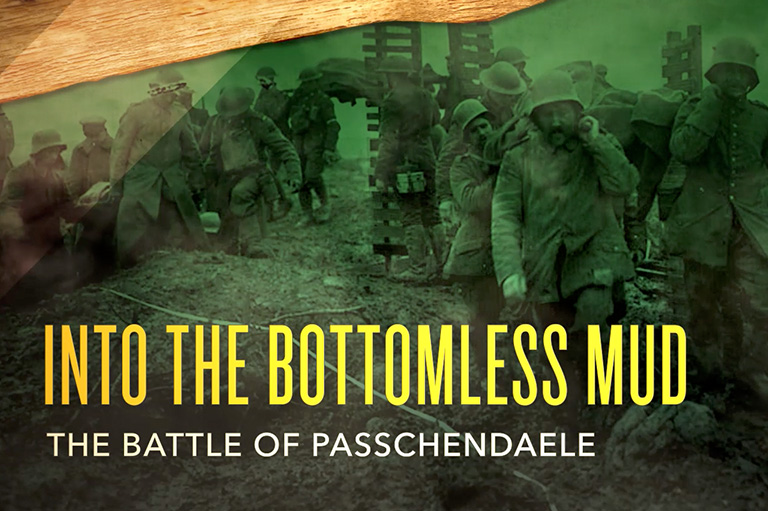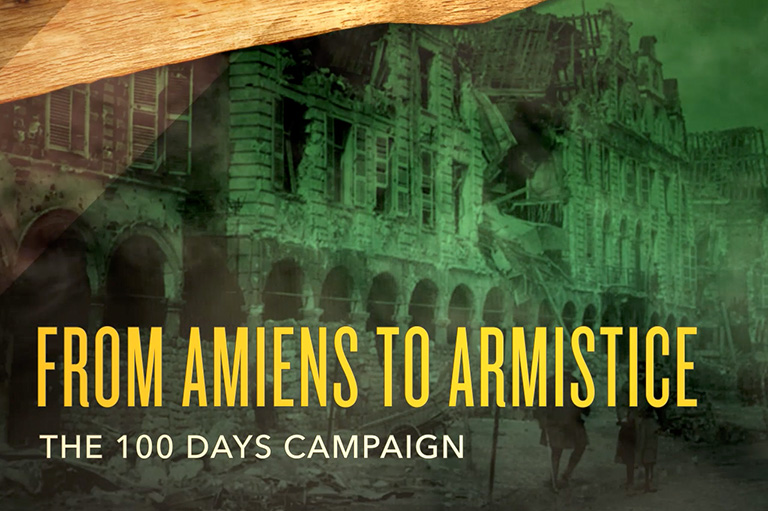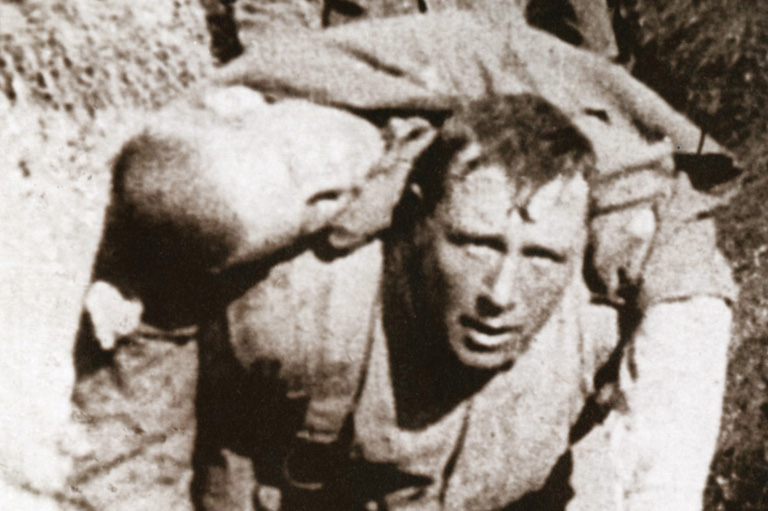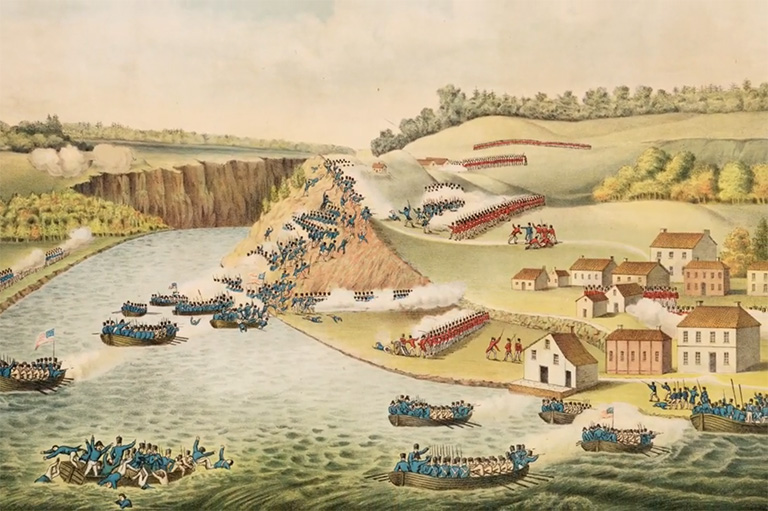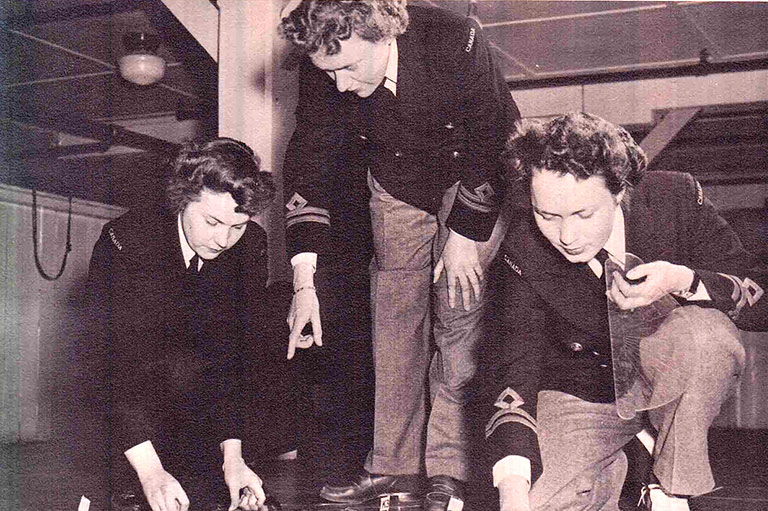The Great War — Battle of Ypres
By the time the Canadians arrived in the Ypres Salient in the spring of 1915, the devastation brought on by the war was on full display. The ancient city of Ypres, Belgium had been flattened by German shell fire the previous October.
In the late afternoon of April 22nd, 1915 the German army took advantage of a favorable wind to release a cloud of chlorine gas. Soldiers of the Canadian 1st Division watched as the yellow-green cloud descended into the Belgian trenches. Chaos ensued as panicked soldiers inhaled the lethal chemical.
The Germans then advanced with their infantry. The Canadians rushed to create a new defensive line to stop the German assault. Throughout the night they clashed with German troops who had moved with ease through the lines vacated by the French troops.
Nowhere was this more dramatic than at Kitchener's Wood, where the 16th and 10th battalions made a full bayonet charge across more than 200 metres of open territory.
The German fire killed or wounded nearly two-thirds of the 1,800 attacking troops. But the Canadians succeeded in reaching the wood and blunting the German advance for a brief period.
On the morning of April 24th, the Germans released a second wave of gas, this time directly against the Canadian lines. The Canadians improvised by breathing through urine soaked cloth for limited protection against the gas. Eventually the Canadians were forced back. They suffered more than 6,000 casualties.
It was a horrible introduction to war on the front, but the Canadians had proven they could hold their own in the face of a devastating attack.
The week after the gas attack Lieutenant Colonel John McCrae quietly wrote the poem “In Flanders Fields.” Today this poem is read across Canada on every Remembrance Day.
Advertisement
The Great War Video Series
With 7 uniquely curated newsletters to choose from, we have something for everyone.
Themes associated with this article
Advertisement
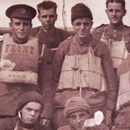
The war that changed Canada forever is reflected here in words and pictures.
You might also like...

Canada’s History Archive, featuring The Beaver, is now available for your browsing and searching pleasure!

